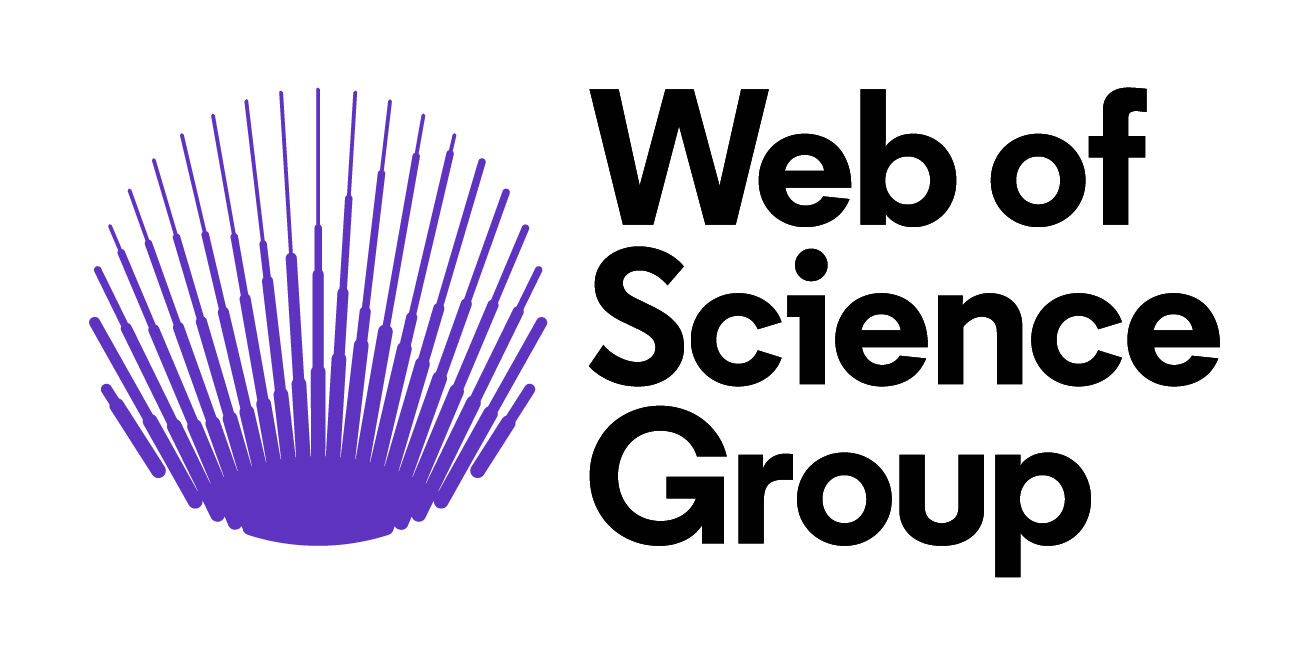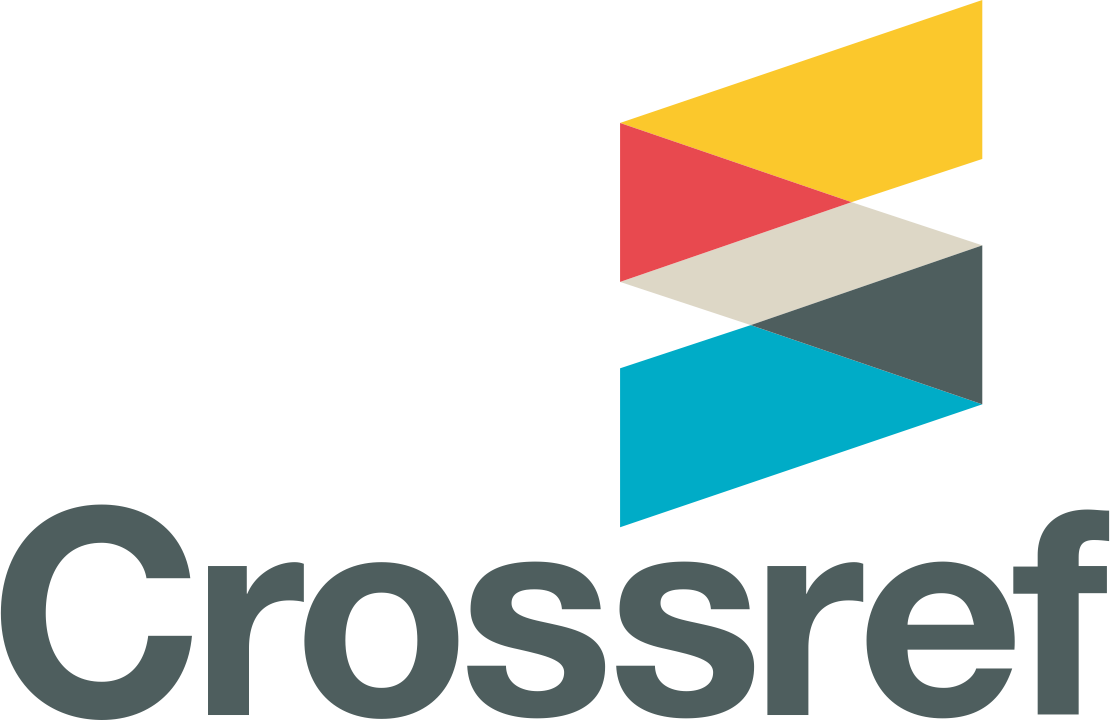Abstract
South Korea's entertainment industry has garnered global popularity. However, the competition between entertainment companies is fierce, necessitating strategies to ensure their survival, such as imposing restrictions on their artists to maintain their public image and trust. This study examined the impacts of celebrity news and activities on the stock returns of six major entertainment companies listed on the Korea Exchange (KRX) from 2018-2021. Employing the Fama-French 3 Factors Model regression, the study investigated the presence of abnormal returns. The findings indicate that comebacks and debuts elicit positive reactions and generate significant abnormal returns. Award acceptances and military service also elicit positive reactions but do not generate significant abnormal returns. Dating news, internal scandals, and national scandals elicit negative reactions. However, only national scandals generate significant abnormal returns. These findings imply that entertainment companies and investors should actively manage and monitor celebrity news to make informed decisions.
Bahasa Abstract
Industri hiburan Korea Selatan telah mendapatkan popularitas global. Namun, persaingan antar perusahaan hiburan sangat ketat sehingga memerlukan strategi untuk memastikan kelangsungan hidup perusahaan, seperti menerapkan peraturan pada artis mereka untuk menjaga citra dan kepercayaan publik. Penelitian ini menguji pengaruh berita dan aktivitas selebriti terhadap return saham enam perusahaan hiburan besar yang terdaftar di Korea Exchange (KRX) pada tahun 2018-2021. Dengan menggunakan regresi Model 3 Faktor Fama-French, penelitian ini menyelidiki keberadaan abnormal return. Temuan menunjukkan bahwa comeback dan debut menimbulkan reaksi positif dan menghasilkan abnormal return yang signifikan. Penerimaan penghargaan dan dinas militer juga menimbulkan reaksi positif namun tidak menghasilkan keuntungan abnormal yang signifikan. Berita kencan, skandal internal, dan skandal nasional menimbulkan reaksi negatif. Namun, hanya skandal nasional yang menghasilkan keuntungan abnormal yang signifikan. Temuan ini menyiratkan bahwa perusahaan hiburan dan investor harus secara aktif mengelola dan memantau berita selebriti untuk mengambil keputusan yang tepat.
References
References
Bengtsson, S., & Johansson, S. (2020). A phenomenology of news: Understanding news in digital culture. Journalism. doi:10.1177/1464884919901194
Brown, S. J., & Warner, J. B. (1985). Using daily stock returns. The case of event studies. Journal of Financial Economics, 14(1), 3–31. doi:10.1016/0304-405X(85)90042-X
Brown, W. J. (2015). Examining Four Processes of Audience Involvement With Media Personae: Transportation, Parasocial Interaction, Identification, and Worship. Communication Theory, 25(3), 259–283. doi:10.1111/comt.12053
Curran, J., Iyengar, S., Brink Lund, A., & Salovaara-Moring, I. (2009). Media system, public knowledge and democracy: A comparative study. European Journal of Communication, 24(1), 5–26. doi:10.1177/0267323108098943
Elton, E. J., Gruber, M. J., Brown, S. J., & Goetzmann, W. N. (2003). Morden Porfolio Theory and Investment Analysis.Hoboken, New Jersey: John Wiley & Sons.
Fama, E. F. (1970). Efficient Capital Markets: A Review Of Theory And Empirical Work. The Journal of Finance, 25(2), 383–417. doi:10.2307/2325486
Fama, E. F., & French, K. R. (1993). Common Risk Factors in the Returns on Stocks and Bonds. Journal of Financial Economics 33 (1): 3–56. doi:10.1016/0304-405x(93)90023-5
Halim, T. M., & Kiatkawsin, K. (2021). Beauty and celebrity: Korean entertainment and its impacts on female indonesian viewers’ consumption intentions. Sustainability (Switzerland), 13(3), 1–19. doi:10.3390/su13031405
Harcup, T., & O’Neill, D. (2017). What is News?: News values revisited (again). Journalism Studies, 18(12), 1470–1488. doi:10.1080/1461670X.2016.1150193
Jeong Yeo, L. (2017, June 1). YG Shares nosedive on reports of Big Bang's T.O.P marijuana charge. The Korea Herald. Retrieved from http://www.koreaherald.com/view.php?ud=20170601001052
Kim, J. H., Jung, S. H., Roh, J. S., & Choi, H. J. (2021). Success factors and sustainability of the k-pop industry: A structural equation model and fuzzy set analysis. Sustainability (Switzerland), 13(11), 1–22. doi:10.3390/su13115927
Kim, S., Hwang, S. Y., & Kim, J. (2021). Factors influencing K-pop artists’ success on V live online video platform. Telecommunications Policy, 45(3), 102090. doi:10.1016/j.telpol.2020.102090
Korean Fans Demand Chen To Leave EXO After Feeling “Betrayed” By His Marriage News. (2020, January 13). Koreaboo. Retrieved from https://www.koreaboo.com/news/korean-fans-demand-chen-leave-exo-marriage-news/
Maltby, J., Houran, J., & McCutcheon, L. E. (2003). A clinical interpretation of attitudes and behaviors associated with celebrity worship. Journal of Nervous and Mental Disease, 191(1), 25–29. doi:10.1097/00005053-200301000-00005
Reinemann, C., Stanyer, J., Scherr, S., & Legnante, G. (2012). Hard and soft news: A review of concepts, operationalizations and key findings. Journalism, 13(2), 221–239. doi:10.1177/1464884911427803
Ross, S. A. (1977). Determination of Financial Structure: the Incentive-Signalling Approach. Bell J Econ, 8(1), 23–40. doi:10.2307/3003485
Sang-Hun, C., & Lee, S. H. (2018, September 13). We're Dating, K-Pop Stars Declare. You're Fired, Their Label Says. The New York Times. Retrieved from https://www.nytimes.com/2018/09/13/world/asia/kpop-hyuna-edawn-dating-fired.html
Shoemaker, Pamela, & Alan Cohen. (2006). News Around the World. New York: Routledge.
Scholtens, B., & Peenstra, W. (2009). Scoring on the stock exchange? The effect of football matches on stock market returns: An event study. Applied Economics, 41(25), 3231–3237. doi:10.1080/00036840701721406
Spence, M. (1973). Job Market Signaling. The Quarterly Journal of Economics, 87(3), 355–374. doi:10.2307/1882010
Sul, Ji-Yeon. (2020, August 28). K-pop Market remains bullish as entertainment shares soar. The Korea Economic Daily. Retrieved from https://www.kedglobal.com/newsView/ked202008280001
Sulianti, A., Lubis, F. S., Az-Zahra, F., & Hambali, A. (2018). Can emotional intelligence restrain excess celebrity worship in bio-psychological perspective? IOP Conference Series: Materials Science and Engineering, 434(1). doi:10.1088/1757-899X/434/1/012137
Tan, F. T. C., Ondrus, J., Tan, B., & Oh, J. (2020). Digital transformation of business ecosystems: Evidence from the Korean pop industry. Information Systems Journal, 30(5), 866–898. doi:10.1111/isj.12285
Turner, G. (2014). Is celebrity news, news? Journalism, 15(2), 144–152. doi:10.1177/1464884913488719
Van Den Bulck, H., Paulussen, S., & Bels, A. (2017). Celebrity news as hybrid journalism: An assessment of celebrity coverage in Flemish newspapers and magazines. Journalism, 18(1), 44–63. doi:10.1177/1464884916657523
Williams, J. P., & Ho, S. X. X. (2016). “Sasaengpaen” or K-pop Fan? Singapore Youths, Authentic Identities, and Asian Media Fandom. Deviant Behavior, 37(1), 81–94. doi:10.1080/01639625.2014.983011
YG Entertainment’s stock plummets as rumours about Lisa’s mistreatment surface. (2021, October 8). The Finery Report. Retrieved from https://www.thefineryreport.com/news/yg-entertainments-stock-plummets-as-rumours-about-lisas-mistreatment-surface
Yoon, K. (2018). Global Imagination of K-Pop: Pop Music Fans’ Lived Experiences of Cultural Hybridity. Popular Music and Society, 41(4), 373–389. doi:10.1080/03007766.2017.1292819
Recommended Citation
Ariani, Alexandra Widuri and Husodo, Zaäfri Ananto
(2024)
"The Impact of Celebrity News on Entertainment Industry Stock Prices,"
Indonesian Capital Market Review: Vol. 16:
No.
1, Article 4.
DOI: 10.21002/icmr.v16i1.1169
Available at:
https://scholarhub.ui.ac.id/icmr/vol16/iss1/4
Included in
Corporate Finance Commons, Finance and Financial Management Commons, Music Business Commons, Portfolio and Security Analysis Commons












